Behind the Scenes
In the film and TV industries, the lack of diversity is a crisis that stretches back decades and remains largely unresolved despite increasing demands for diversity, equity, and inclusion (DEI). It is a multilayered issue that occurs both in front of the camera and behind it. Be that as it may, discussions on the two are disproportionate, with diversity in casting a more prevalent and publicized matter than the latter. Public awareness and criticism spell the difference, as they often spark movements like #OscarsSoWhite that push the industry to take visible strides.
The same cannot be said for diversity in production crews, where gender and racial gaps continue to persist. UCLA’s Hollywood Diversity Report reveals that women and people of color (POC) remain vastly underrepresented behind the scenes, taking up less than a third of key roles. While this is already an improvement from a few years ago, much can still be done to improve diversity among crew members.
The state of diversity
It’s no secret that whoever holds the power to greenlight projects also determines whether DEI goals are met and set. More than sociocultural norms, this is the crux of the problem, as key decision-makers and regulatory bodies are predominantly white, male, or both. Additionally, the trickle-up effect is common across production companies, where DEI policies only apply to entry-level positions. This is an ineffective measure where diversity is concerned, as these roles are often inconsequential when it comes to decision-making and relevant representation.
Today, only 22% of directors are female and 30% POC, with the number of film writers 33% and 32% respectively. To make matters worse, where diversity is present in key roles, the budget lags far behind that where white men are at the helm. While this unequal balance of power cripples the democracy inherent in a diverse crew today, it isn’t something new.
Working towards diversity in the industry has long begged the question of sustainability. A Michigan State University article indicates DEI measures have a short lifespan and often hinge on emotionally-charged events that draw public outcry. As the aforementioned #OscarsSoWhite incident received widespread coverage with the help of social media, the awarding body committed to renewed efforts toward diversity. For a while, it worked; but as public attention and awareness shifted elsewhere, so did the commitment wane.
The way forward
All things considered, how can the industry do better moving forward? To start, it can increase diversity behind the scenes.
Start at the top
As waymakers in their teams, leaders are instrumental in promoting diversity from the top down. Take the pivotal role of the creative director, who is responsible for overseeing a project’s marketing, communications, and creative operations. Given the scope of their work, they directly report to CMOs and directors on production; yet more than that, they play the role of mentor and critic to a host of team members. As such, they are uniquely positioned to cultivate and encourage diversity in how content and materials are constructed, executed, and presented to the public. In doing so, they create opportunities for women and other minorities within their teams to share not just their craft but their narratives as well.
Cast a wider net
In order to boost diversity among crew members, companies must recruit the diversity they seek. While it’s easy to simply onboard as many diverse talents as possible and call it a day, the human resource director would know that a lot more intention must go into the recruitment process–especially if the goal is to keep and promote diversity within ranks. As such, companies must cast a wider net in terms of their policies and culture. More than just a footnote on job postings or an empty promise, concrete and actionable DEI measures that embrace, value, and facilitate the growth of diversity–both in staff and productions themselves–are key. In this way, women and other minorities are encouraged to join the team, as well as to stay on.
Diversity in the film and TV industries has been slow to progress over the past few years. While it has a long way to go, effective leadership, intentional recruitment, and a more empathetic workplace can hasten progress.

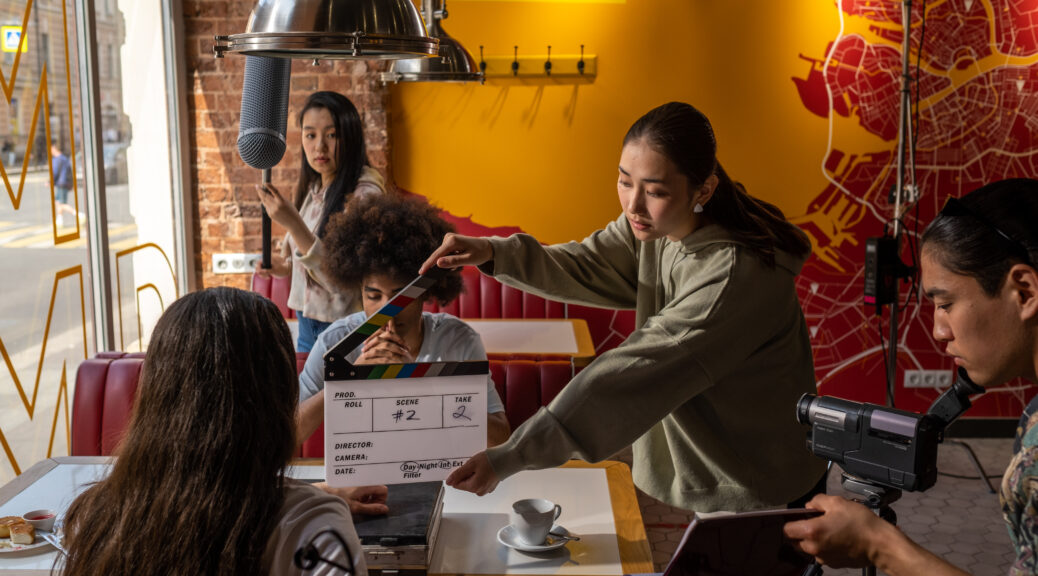

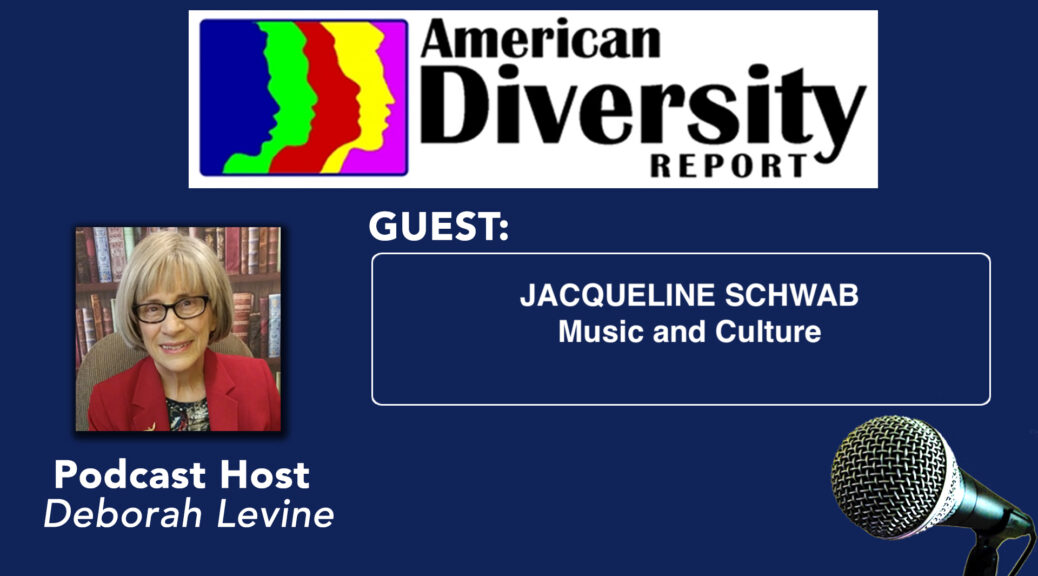
 Pianist Jacqueline Schwab spins musical stories out of the myriad strands in the American quilt and with community music making at their heart. Her signature playing features in over a dozen of
Pianist Jacqueline Schwab spins musical stories out of the myriad strands in the American quilt and with community music making at their heart. Her signature playing features in over a dozen of 
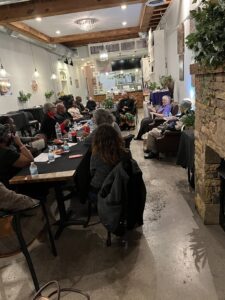 “What are the typical saboteurs of genuine efforts to have cross-racial dialogues about race?”
“What are the typical saboteurs of genuine efforts to have cross-racial dialogues about race?”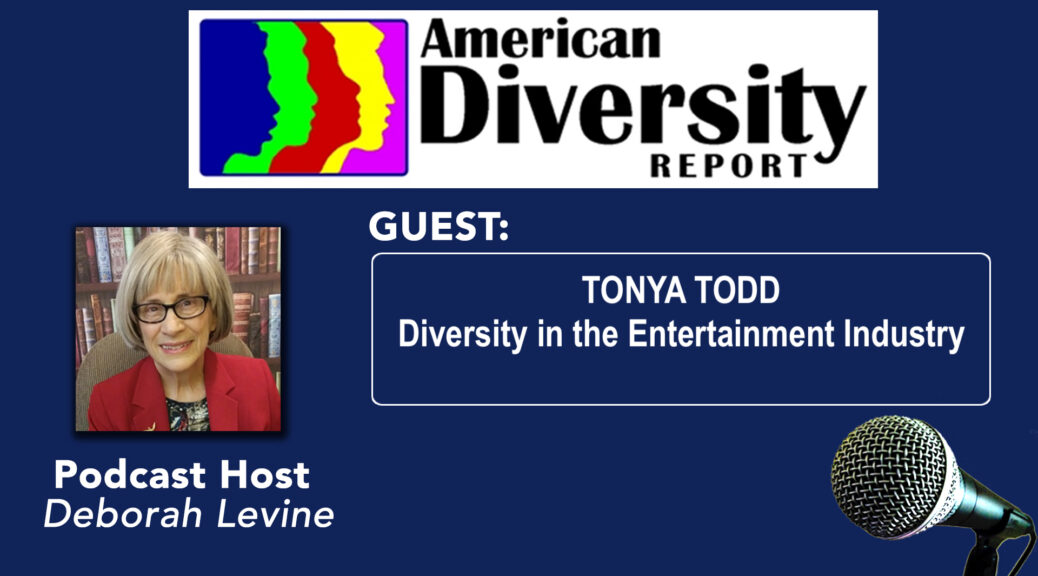
 Tonya Todd is a Las Vegas author, actress, and activist. Invested in fair representation, her continued involvement in the literary, theatre, and filmmaking communities provides a platform to champion marginalized artists and contributes toward an environment that embraces a variety of voices.
Tonya Todd is a Las Vegas author, actress, and activist. Invested in fair representation, her continued involvement in the literary, theatre, and filmmaking communities provides a platform to champion marginalized artists and contributes toward an environment that embraces a variety of voices.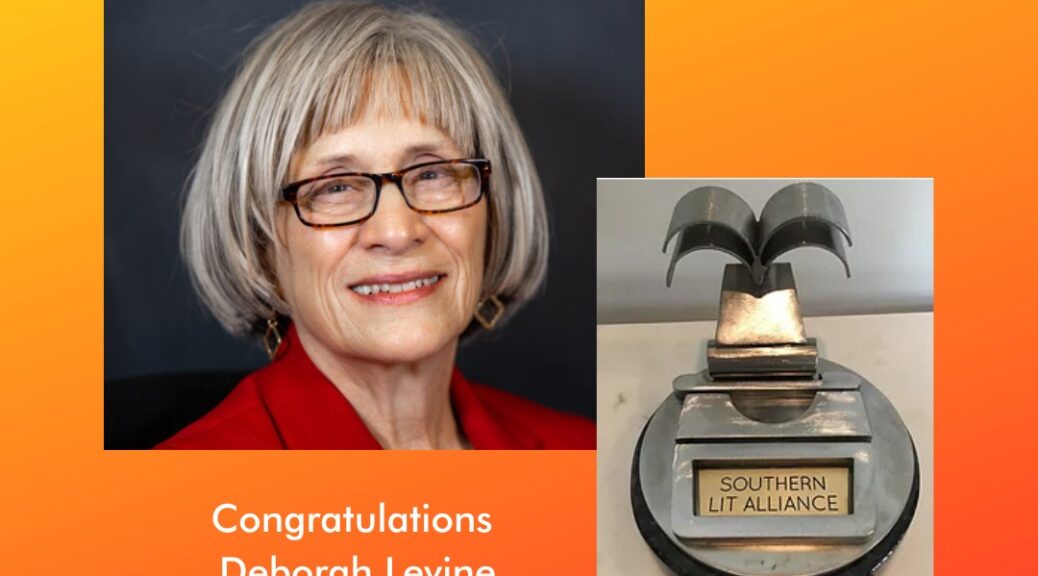
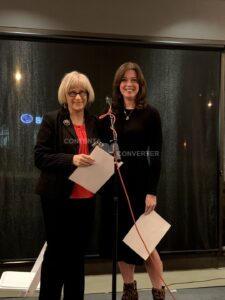 Chattanoogans from every sector empowered me. Thank you to faculty friends at our schools and colleges. And thanks to community service organizations for your support. I’m truly grateful to the Human Resource Directors and diversity officers who encouraged me. Many thanks to local foundations, city and county departments, and, of course our local newspapers which turned me into a columnist. And hugs to the creative souls who helped surface my storytelling skills, almost a century after my mother’s publications about the science of storytelling. Love you, Mom!
Chattanoogans from every sector empowered me. Thank you to faculty friends at our schools and colleges. And thanks to community service organizations for your support. I’m truly grateful to the Human Resource Directors and diversity officers who encouraged me. Many thanks to local foundations, city and county departments, and, of course our local newspapers which turned me into a columnist. And hugs to the creative souls who helped surface my storytelling skills, almost a century after my mother’s publications about the science of storytelling. Love you, Mom!